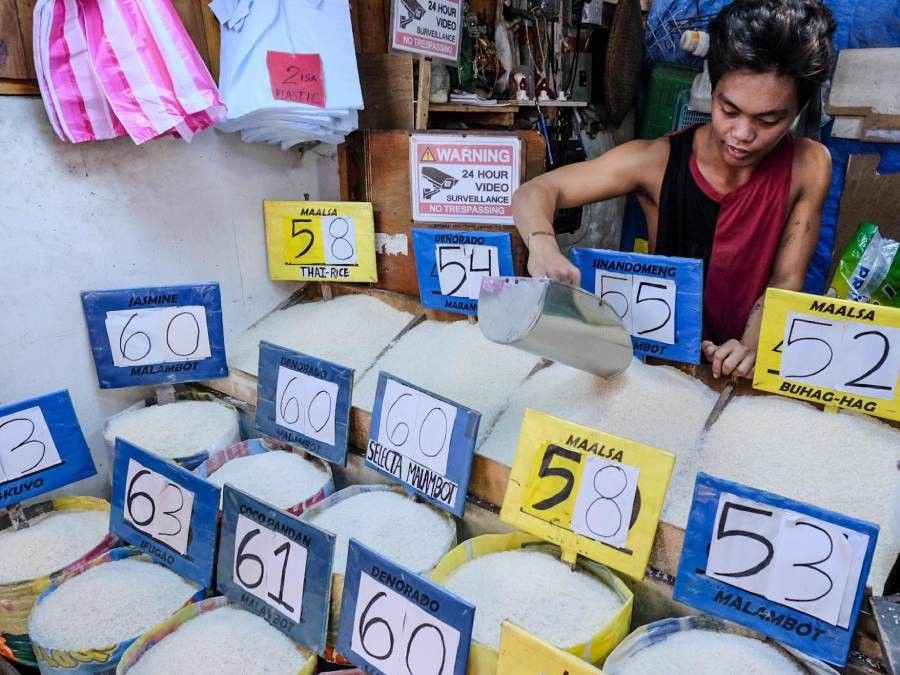Food security emergency likely to be declared on January 22

MANILA, Philippines — The Department of Agriculture (DA) is expected to declare a food security emergency on rice on January 22 amid surging prices of the staple.
During a news forum on Saturday, January 18, Agriculture Assistant Secretary Arnel de Mesa said the department is anticipated to receive the resolution approving the recommendation for the declaration by Monday.
The review is expected on Monday and Tuesday, with the declaration likely by midweek, De Mesa added.
Once the declaration is made, the National Food Authority will be authorized to release its buffer stock of 300,000 metric tons of rice to stabilize prices.
The move comes as the National Price Coordinating Council (NPCC) recently approved a resolution urging the DA to declare a food security emergency specifically for rice, citing the continued rise in prices.
Under Republic Act 12078, which amended the Agricultural Tariffication Act, the agriculture chief has the authority to declare a food security emergency in response to significant price hikes or supply shortages of rice.
President Ferdinand Marcos Jr. on Friday said the declaration is intended “to bring rice prices down” after other measures, including tariff adjustments, failed to produce significant results.
"The reason that we are doing this is ginawa na natin lahat upang ibaba ang presyo ng bigas ngunit the market is not being allowed to work properly," Marcos said.
(The reason we are doing this is that we have done everything to lower the price of rice but the market is not being allowed to work properly.)
"And so, we have to force that price down and we have to make sure that the market works properly na walang friction cost na nangyayari dahil sa iba’t ibang bagay," he added.
(And so, we have to force that price down and we have to make sure that the market works properly without friction costs caused by various factors.)
The DA faced a challenging year in 2024, as the sector struggled with the impact of the El Niño phenomenon, followed by a series of typhoons and the onset of La Niña.
According to De Mesa, El Niño alone caused a significant decline in palay production, resulting in a loss of over 800,000 metric tons.
The agricultural sector’s difficulties were further compounded by the damage from successive typhoons, which left the country with more than P30 billion in agricultural losses.
- Latest
- Trending






























